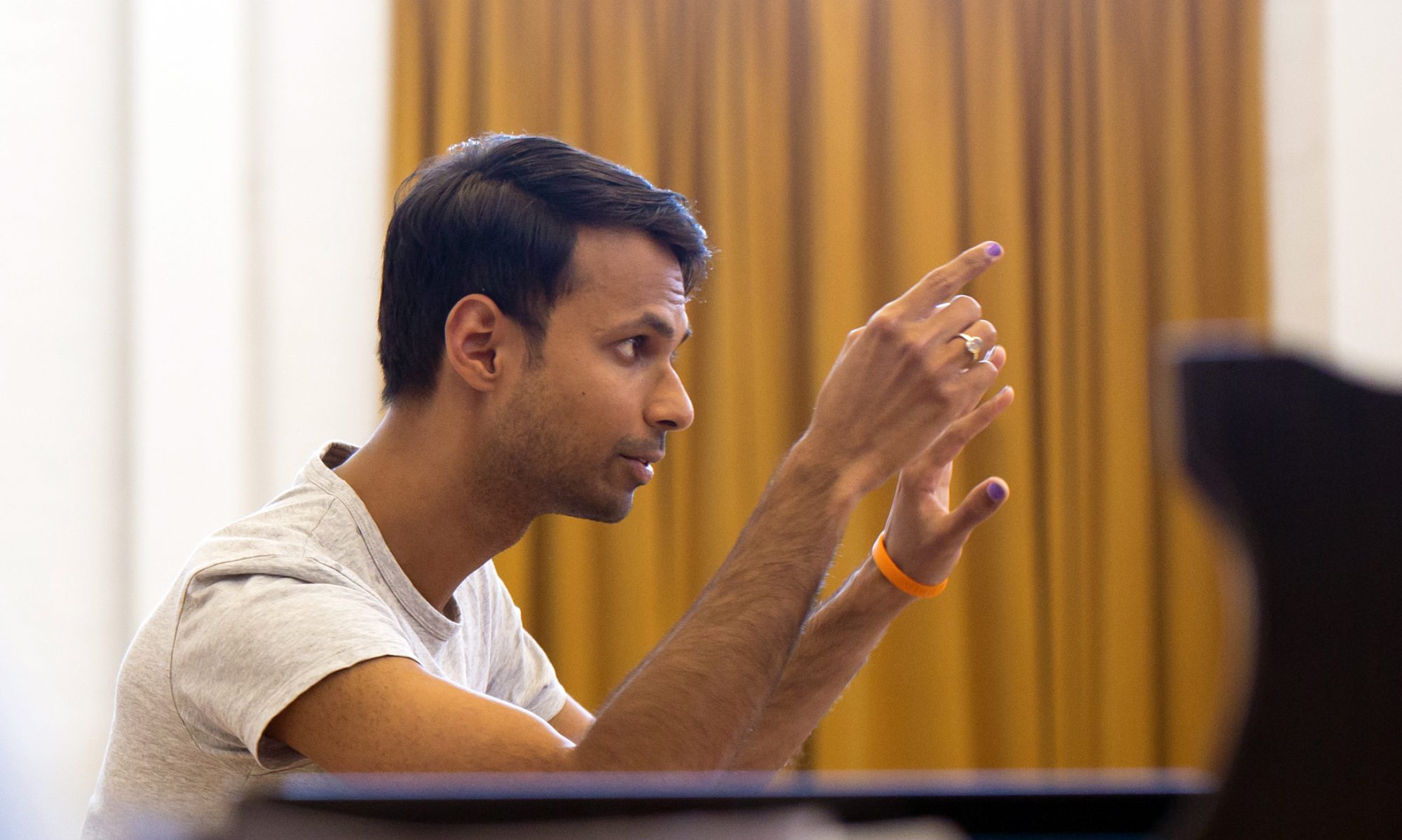As it is ‘Good Friday’, I wanted to share some brief thoughts about a specific moment in Willem Mengelberg’s recording of the Bach St. Matthew Passion. I don’t love all of the recording, but there are some amazingly beautiful moments and this is definitely my favourite.
It’s the tiny arioso Er hat uns allen wohlgetan just before the famous aria Aus Liebe will mein Heiland sterben. The moment I mean in particular happens near the end of the arioso.
In response to Pilate’s question ‘What has he done to cause this uproar?’, the soprano (representing the childlike Christian soul) has summed up all of Jesus’ good deeds. She colours these beautifully according to the text. The music intensifies, reaching a high point at the line ‘he raised up the weary and grieving’. She (sung here by Jo Vincent) is expressing ardent love and thrilled admiration for Jesus’ miraculous and benevolent deeds. And then it happens:
She reaches the end of her list, and the music (led by Mengelberg) slows to a standstill, and falls completely silent…
In most recordings, the singer simply continues without a break into the final, conclusive, line.
Not here.
After a silence that must have felt like a lifetime in live performance, she slowly goes on; timid and fragile:
‘sonst hat mein Jesus nichts getan’ (my Jesus has done nothing else) — reinforcing the point that all the accusations made against him before Pilate are false.
It hits me everytime: how the tempo of this arioso is treated as super flexible but never losing its heartbeat. Starting with languid but warm colours, moving with the text, almost excited. But in that last line, there is first that endless silence where she gathers her emotions. Then, tentative and heartfelt as if about to break down: ‘but he did NOTHING wrong!’
In one tiny arioso, musical, dramaturgical and theological insight of singer and conductor combine to produce astounding beauty and truth with notes that were written 200 years earlier. The way the music is interpreted here, including the tempo flexibility, the colours, and that poignant and dramatic ‘stop’, show us important and valid aspects of the score that do not always get emphasised in modern performances. That said, I’m glad we know so much more about Bach’s performance practice nowadays, and also that we have come a long way from the more dogmatic approaches to this music when these insights were ‘new’. I think using this knowledge and combining it with (at least some of) the freedom and expressivity we hear in this recording, is essentially — to me — the best of both worlds, inasmuch as they can even be considered separate.
Happy listening, in any case!
